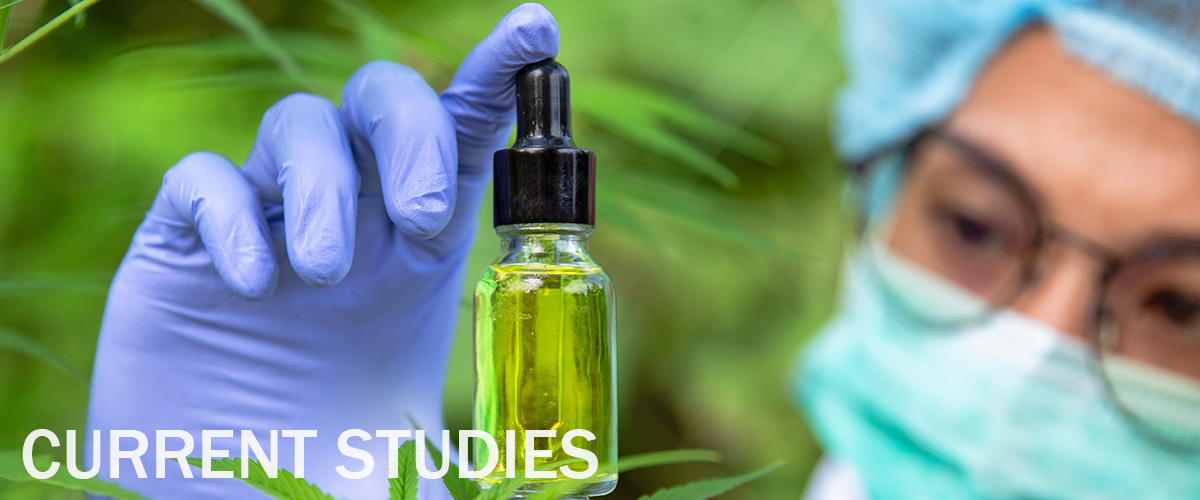PI: Ron Ellis, MD, PhD
This study will examine the microbiome and endocannabinoid system in people with HIV and how they relate to neuroinflamation and the blood-brain-barrier.
INVESTIGATOR: Ron Ellis, MD, PhD
STUDY LOCATION: University of California, San Diego
PROJECT TITLE: Effects of cannabidiol and tetrahydrocannabinol on the microbiome, endocannabinoids and neuroinflammation in HIV
FUNDING SOURCE: NIH
PROJECT TYPE: Clinical Study
STATUS: Pending Enrollment
ABSTRACT:
This project will constitute human research characterizing the microbiome and endocannabinoid system (ECS) in people with HIV (PWH) and how they relate to neuroinflammation and blood-brain-barrier (BBB) function. Based on exciting new preliminary findings described here, we propose that alterations in the gut microbiota (dysbiosis) and impaired gut barrier integrity (leaky gut) are mediators between the ECS and neuroinflammation and BBB dysfunction in HIV. Our major goals are to (1) characterize the gut microbiota and ECS in response to exogenous cannabinoid exposure in both PWH and people without HIV (PWoH); (2) characterize patterns of HIV-associated inflammation (innate, adaptive, T-cell, B-cell) in blood and cerebrospinal fluid (CSF) in response to controlled cannabis exposure; (3) assess effects of cannabinoid exposure on these patterns and how they are mediated through changes in the ECS, gut microbiota and gut barrier function. We will perform a clinical trial of 50 PWH and 50 PWoH exposed in a randomized, cross-over fashion to 14 days each of oral THC and CBD to determine if treatment with either phytocannabinoid reduces inflammation and improves gut function. The experimental approach will use fecal shogun metagenomic sequencing to characterize the gut microbiome, with particular attention to aerotolerant bacteria, pro-inflammatory species, Prevotella spp., Bifidobacterium and Bacteroides spp. and butyrate-producing bacteria. We will evaluate how the microbiota and leaky gut relate to neuroinflammation and impaired BBB function, the latter potentially leading to increased CNS exposure to microbially-produced pro-inflammatory ligands. The rationale for the study is that virologic suppression on antiretroviral therapy (ART) does not normalize gut lymphoid tissue CD4+ T cell depletion, leaky gut, dysbiosis, chronic gut inflammation, and microbial antigen translocation (MAT). These alterations ultimately drive systemic and CNS inflammation. Compromised gut barrier function due to altered tight junctions, apoptosis and reduced epithelial cell proliferation and repair render PWH susceptible to increased tissue exposure to pro-inflammatory ligands produced by gut microbiota and are important in HIV neuropathogenesis. Of particular relevance here are recent findings that the ECS in the large intestine interacts with the gut microbiota to regulate epithelial barrier permeability. Thus constituents of cannabis, acting through the gut EC system, may be therapeutic, and the existing literature suggests that the two principal constituents of cannabis, Δ9-tetrahydrocannabinol (THC) and cannabidiol (CBD), have differential effects on the ECS.

